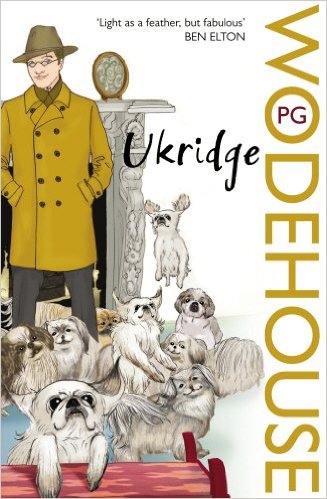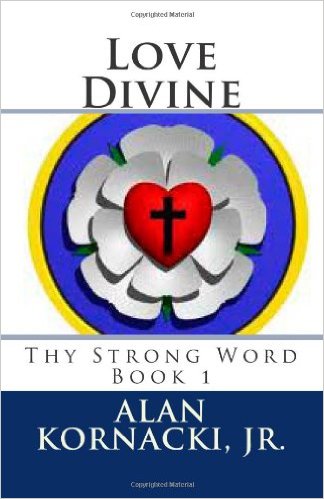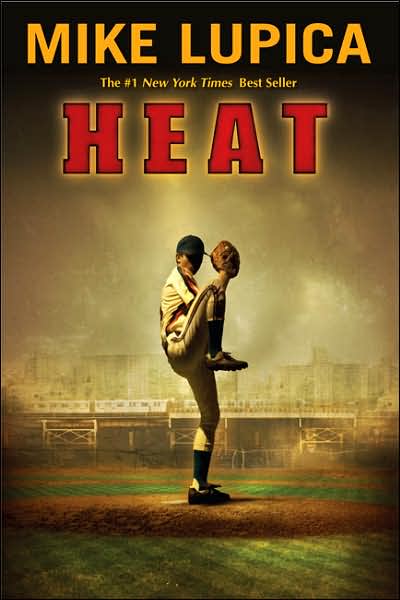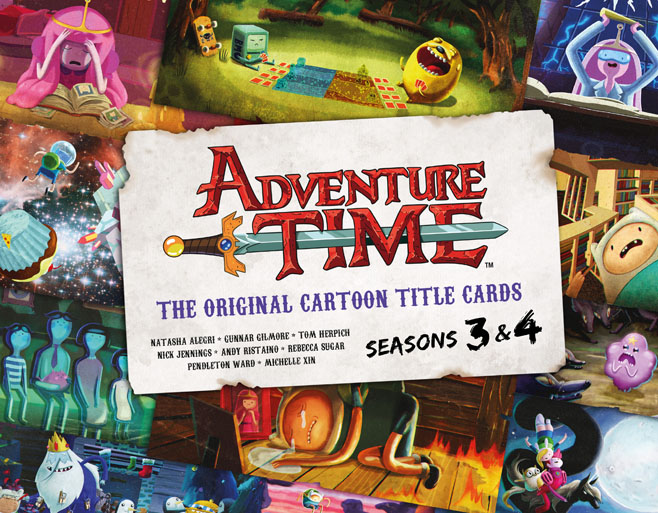[button color=”black” size=”big” link=”http://affiliates.abebooks.com/c/99844/77798/2029?u=http%3A%2F%2Fwww.abebooks.com%2Fservlet%2FSearchResults%3Fisbn%3D9781585674794″ target=”blank” ]Purchase here[/button]
This collection of ten short stories, also published under the title He Rather Enjoyed It, is devoted to the escapades of one Stanley Featherstonehaugh Ukridge, who also features in 13 other shorts (collected elsewhere) and the novel Love Among the Chickens. Because the stories in this book share a number of characters in common—besides the S.F.U. himself and his oft-exasperated biographer James “Corky” Corcoran—and thanks to other interrelated details, it almost holds together as a novel. That it doesn’t quite manage to do so is due mostly to the chaotic nature of its central character and the side-splittingly funny episodes into which his life seems fated to divide itself.
Ukridge and Corky were old public-school chums, before the former got himself expelled. Even well into adulthood, he hasn’t lost the knack for getting into trouble—most of the time, dragging one or more of his friends along with him. Big, loud, and full of mesmerizing charisma, he dresses like a slob when he isn’t borrowing one of his friends’ best clothes. He is always mooching off his more solvent pals, and frequently enlists their aid (willing or not) in a series of daft schemes that he believes certain to make him ludicrously rich—but which usually leave him as broke as ever. The only thing more hilarious than Ukridge’s money-making schemes are the disasters that upset them. But apart from a harrumph of, “Upon my sam, it’s a bit hard,” he takes it all in good spirit and is never knocked down for long.
Observe and laugh as Ukridge tries his hand at managing a boxer, training dogs, making political campaign speeches, and brokering a real estate deal. Grin at his missteps as he kidnaps a parrot, outruns his creditors, and pretends to own a limousine driven by a drinking buddy. Ukridge gets arrested over a misunderstanding, gets engaged to be married without meaning to, scalps tickets to a private dance, and tries to dine out on his aunt’s fame as a novelist even after she disowns him. Plus, he sends Corky onto a fair number of dodgy missions, such as impersonating a journalist on assignment—which proves doubly awkward when, after the ruse is detected, he actually does get sent on assignment.
The outcome is ten pieces of light, springy humor and shining wit, lampooning the more disreputable side of the British upper class. It mixes in a bit of romance, some sporting fun (especially boxing), a sepia-printed cameo of life as a down-and-out student in the early 1900s, a touch of crime, a kiss of politics, and a passing breeze of satire on the evangelical revivals of the Billy Sunday era. My favorite bits involved boxing, a sport whose humorous possibilities have not been sufficiently explored. Reading these rib-ticklers, or hearing them read by a comic actor such as Jonathan Cecil, will certainly foster what Ukridge calls a “big, broad, flexible outlook.” Or, to put it another way, it will make you laugh as you realize that a flair for failure—failing with style—can more than compensate for a lack of success.




